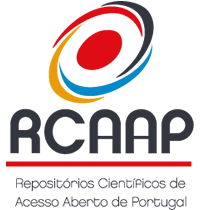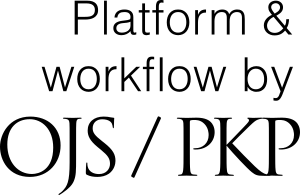Metal selective pressure in the modulation of the microbial community in sediments from transitional ecosystems
DOI:
https://doi.org/10.48797/sl.2023.45Keywords:
PosterAbstract
Background: Microorganisms in sediments of estuarine ecosystems play key roles in the biogeochemical cycles [1]. These communities, essential for maintaining the ecosystems quality, are affected by natural and anthropogenic factors, such as metals, affecting the ecosystems health [2]. Objectives: This work aims to understand the effect/impact of metals on brackish sediment microbial community in a mesocosm experiment. Methods: Corers with sediment samples were collected from the Reserva Natural Local do Estuário do Douro. These sediments, already characterized with low levels of metals, were incubated in tanks with water collected from the same site (sediments control), and another set of sediments were incubated in higher levels of copper, lead, zinc and arsenic. The sediments in the tanks were incubated under natural conditions (light and temperature), with aeration and monitored for 30 days. Results: At time 0 of the experiment, the sediment bacterial and the archaeal communities were similar in both control and metal sediments samples. After 30 days, a significant decrease of alpha-diversity of the bacterial community (F = 9.24; p < 0.01) was observed for the sediments exposed to higher levels of metals which was not observed for the archaeal community. However, an increase the relative abundance of Amplicon Sequence Variant (ASV) was observed for the Archaea phyla Asgardarchaeota, Micrarchaeota, Nanoarchaeota, Thermoplasmatota, and the Bacteria phyla Bacillota, Desulfobacterota, Calditrichota, Bacteroidota, Pseudomonadota in the sediments exposed to higher levels of metals. Conclusions: This mesocosm experiment evidences the pressure exerted by metals in the microbial prokaryotic community of estuarine sediments, changing the dynamics of these organisms in the ecological quality of these ecosystems.
References
1. Falkowski, P.G.; Fenchel, T.; Delong, E.F. The microbial engines that drive Earth's biogeochemical cycles. Science 2008, 320(5879):1034-9.
2. Gupta, A.; Gupta, R.; Singh, R.L. Microbes and Environment. Principles and Applications of Environmental Biotechnology for a Sustainable Future. 2016, 15:43–84.
Downloads
Published
How to Cite
Issue
Section
License
Copyright (c) 2023 E. Almeida, R. Torre, O. Godinho, M. Noyer, C. Cravo-Laureau, R. Duran, S. C. Antunes, J. Catita, O. M. Lage

This work is licensed under a Creative Commons Attribution 4.0 International License.
In Scientific Letters, articles are published under a CC-BY license (Creative Commons Attribution 4.0 International License), the most open license available. The users can share (copy and redistribute the material in any medium or format) and adapt (remix, transform, and build upon the material for any purpose, even commercially), as long as they give appropriate credit, provide a link to the license, and indicate if changes were made (read the full text of the license terms and conditions of use).
The author is the owner of the copyright.









